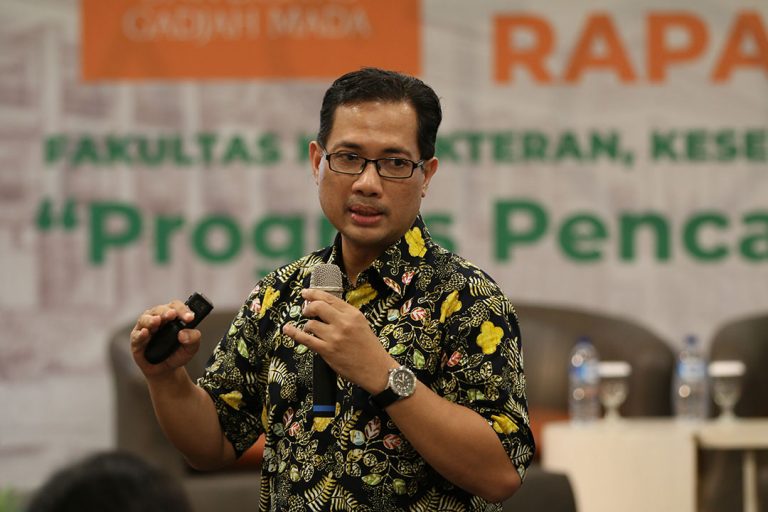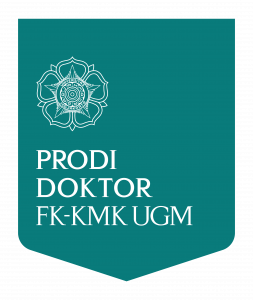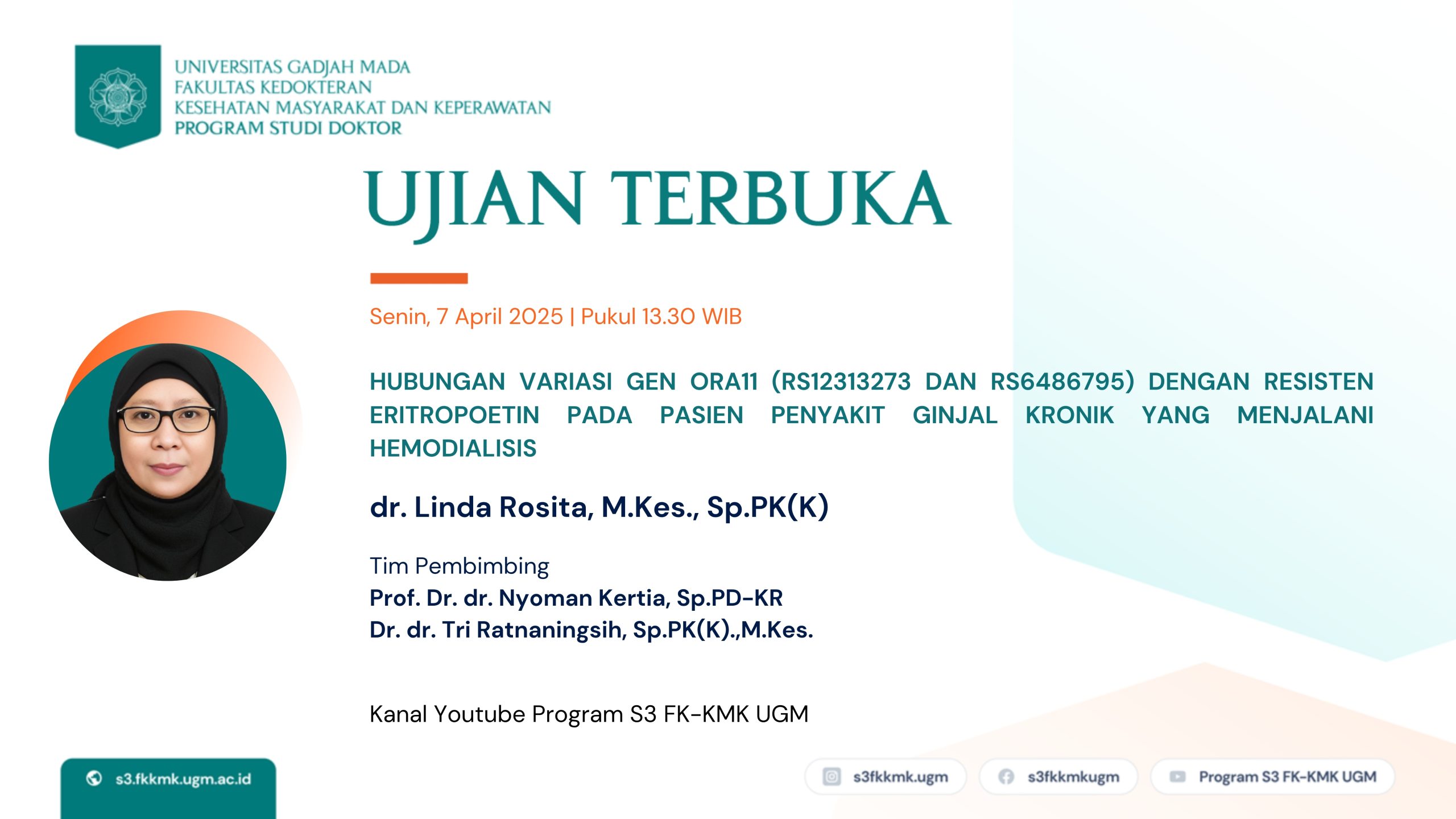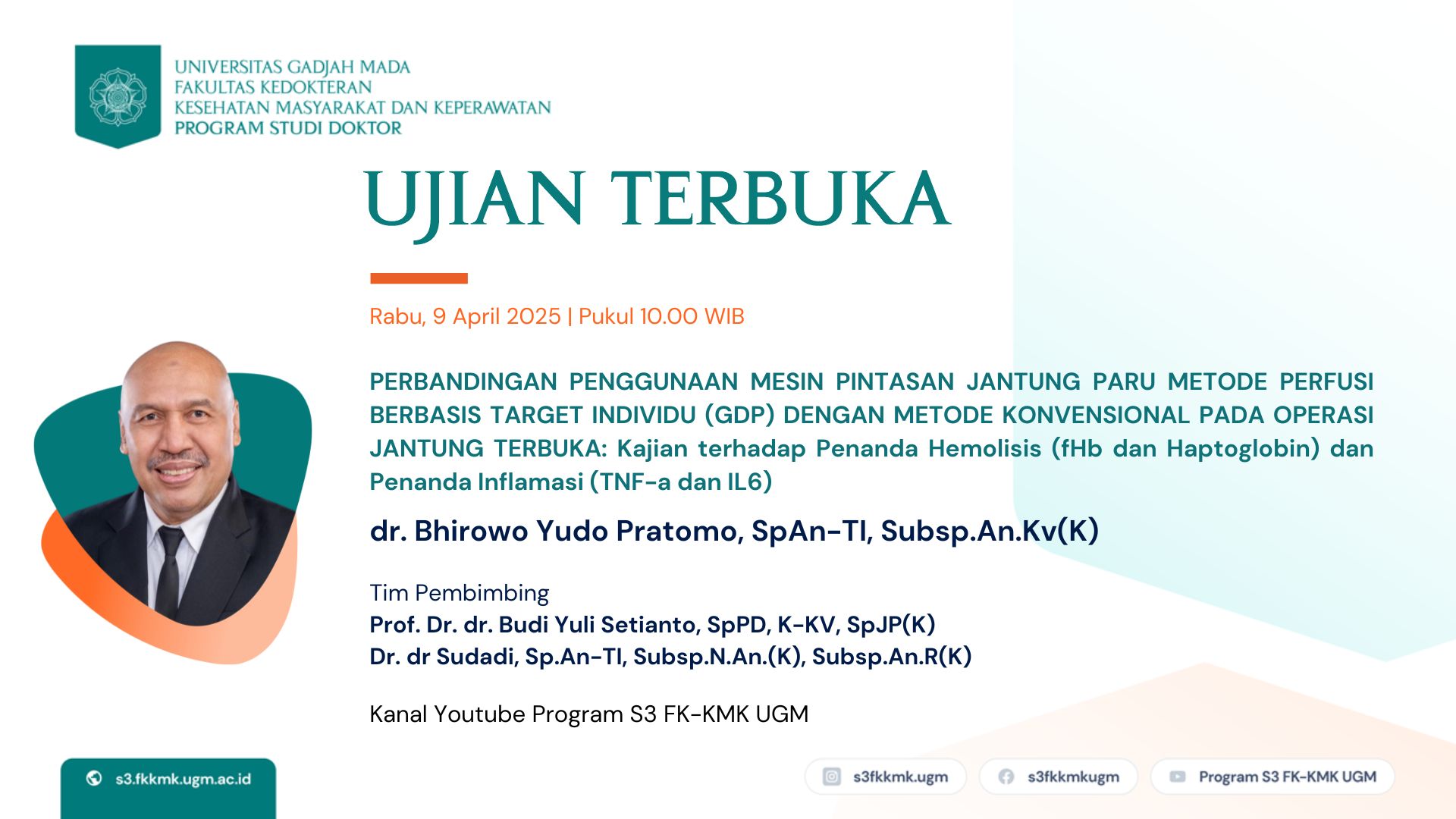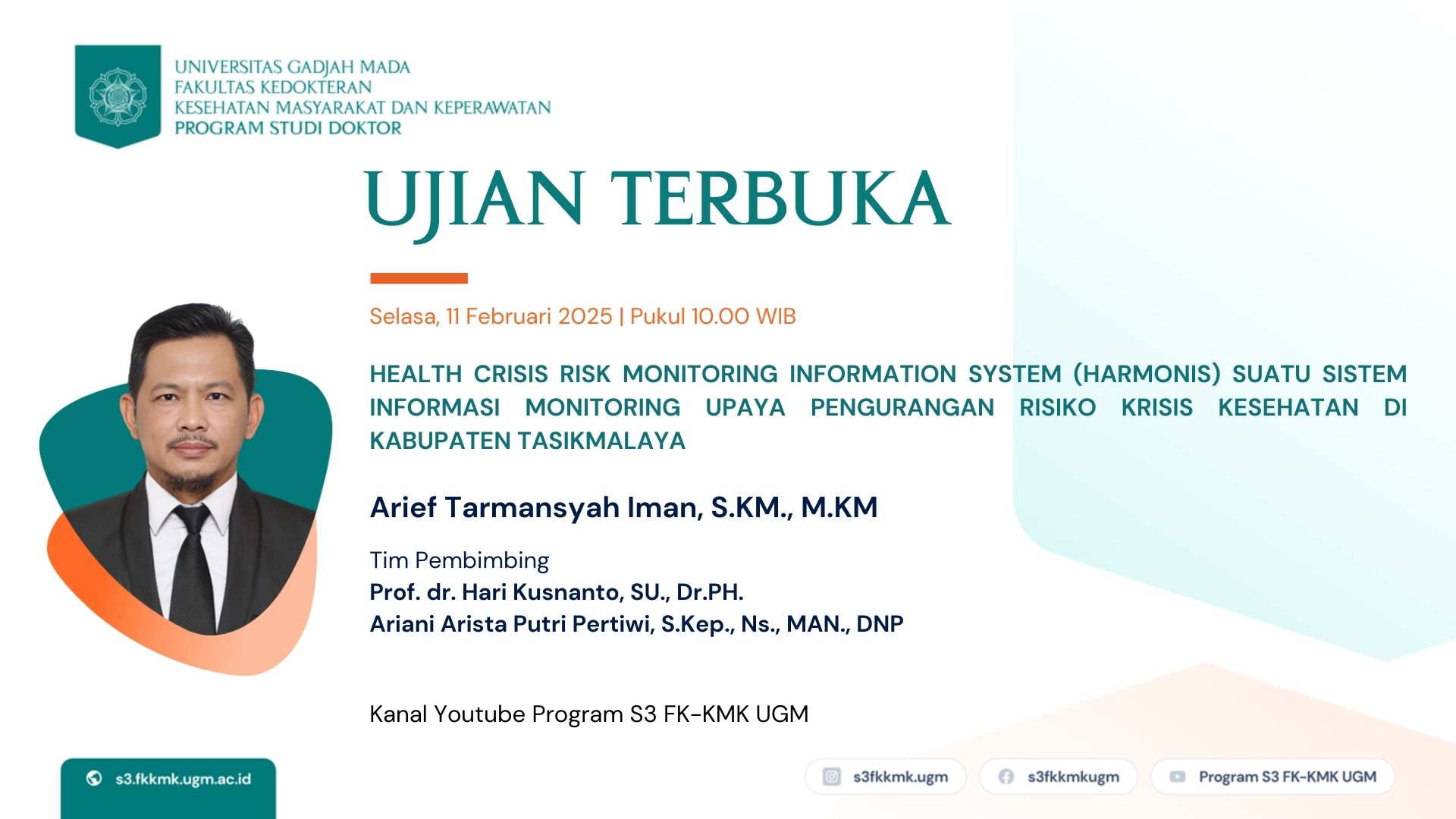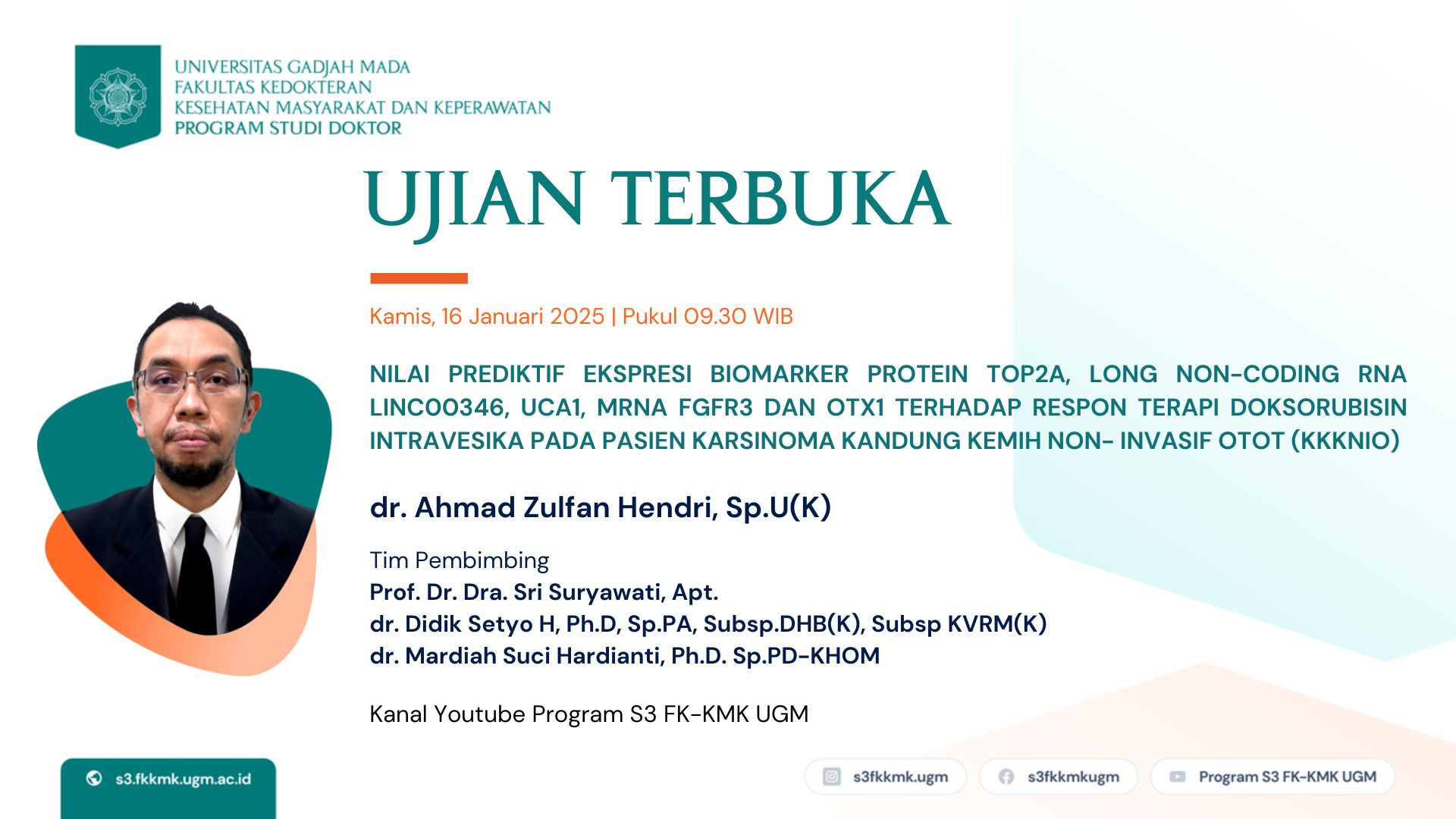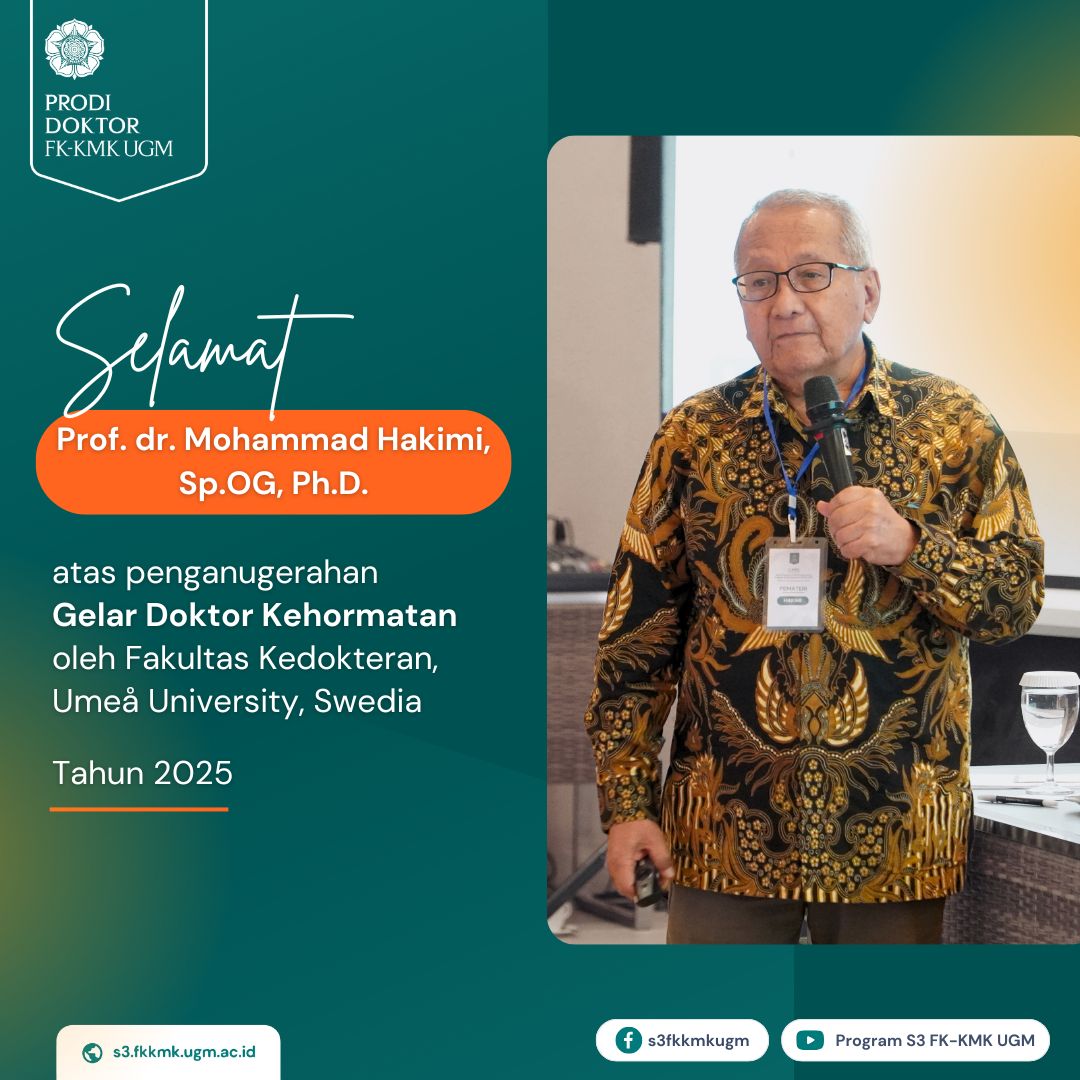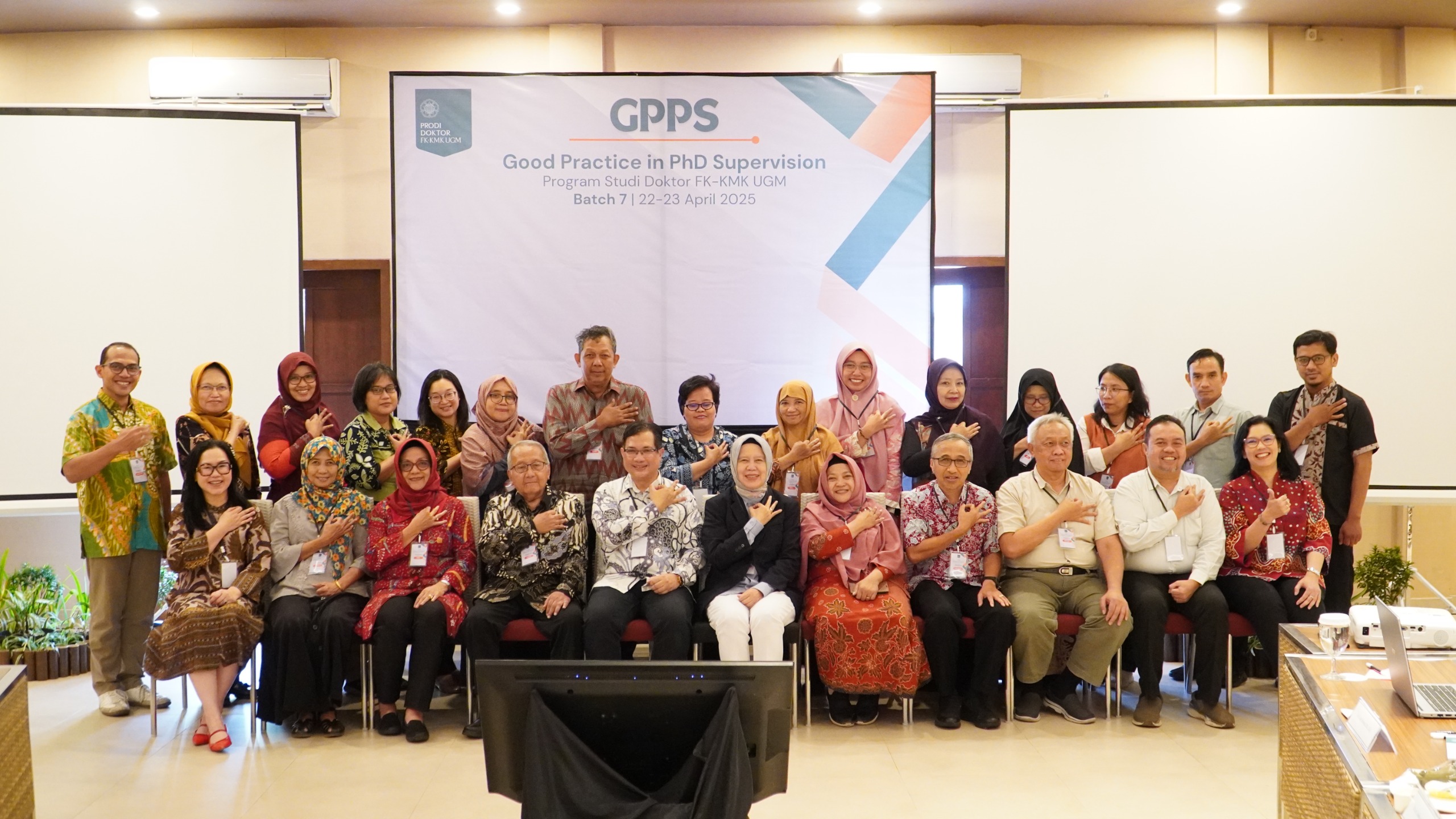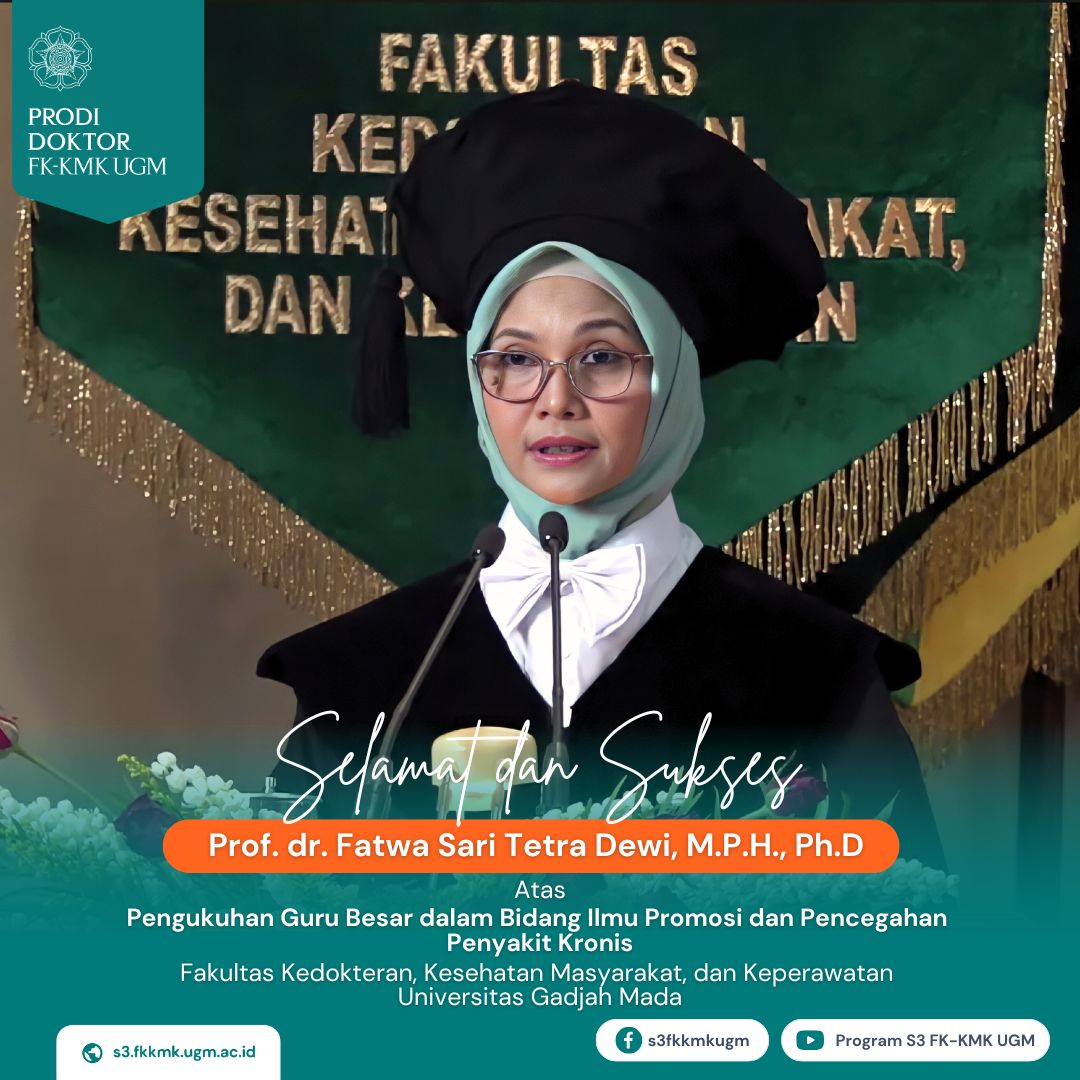Objective: to impart knowledge and skills on good health research practice (GHRP) related to conduct of human health research. The course will provide students with the necessary knowledge and skills for human research management and helps scientists to:
- understand the importance of ethical and quality principles in the conduct of human research
- strengthen their skills in the implementation of these principles
- assume responsibility for and apply these skills to their daily work
This training, covered learning outcomes:
Attitudes | S1 | Showing Pancasilais attitude and awareness about nation and state concern |
S2 | Showing honesty, responsible attitude, confidence and emotional maturity, ethics, independence, adaptive, and awareness to become a long-life learner. | |
Knowledge | P1 | Able to evaluate the concept of academic integrity generally and plagiarism concept specifically, in the context of the type of plagiarism, consequence of violation, and how to prevent it. |
P2 | Able to criticize scientific philosophy in the Medicine and Health Science field. | |
P3 | Able to combine science philosophy in the Biomedical, Clinical Medicine, Public Health, Nutrition, Nursing, or Medical Education field. | |
General Skills Learning Outcome | KU1 | Able to develop logical, critical, systematic, and innovative thinking using information technology to generate solutions based on an area of expertise with integrity realized by a scientific document. |
KU2 | Able to develop a research roadmap to discover or expand theory/conception/new scientific ideas with inter-discipline, multidiscipline, or trans-discipline approach. | |
KU3 | Able to develop a network, adapt, invent, contribute, conduct supervision, evaluate and make decisions to perform independent and group work to implement science in social life. | |
Specific Skills Learning Outcome | KK1 | Able to develop science using up-to-date health technology in Biomedical Science, Clinical Medicine, Public Health, Nutrition, Nursing, or Medical Education using a transactional research approach based on research ethics so can generate creative, original, and tested inventions. |
KK2 | Able to manage and lead research using inter-discipline, multi-discipline, and trans-discipline also attuned to local wisdom to discover respond and/or solve health problems in the national, regional, or global level. |
Output: At the end of the training, the trainees will have gained the necessary tools to design, conduct, record and report of research project according to ethical and quality principles.
Course format and methodology: This is a four day course; the overall training approach used in these modules is based on adult learning theory. Methods would comprise a combination of interactive lectures, discussions, practical exercises – small group work and problem analysis.
Training content
The training focuses on a series of modules leading the participants through a progressive learning process.

Course Director
